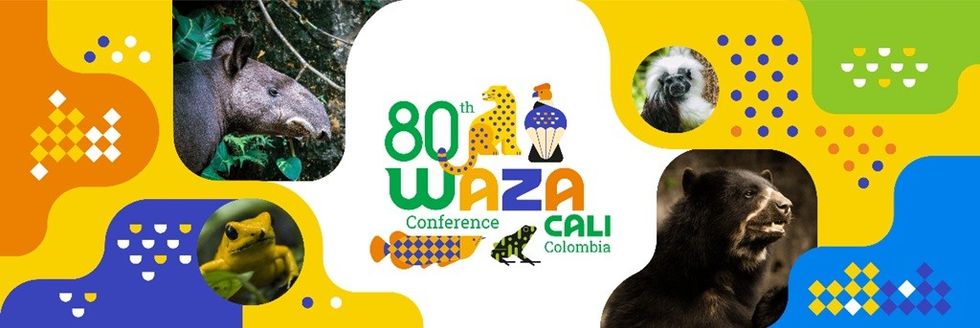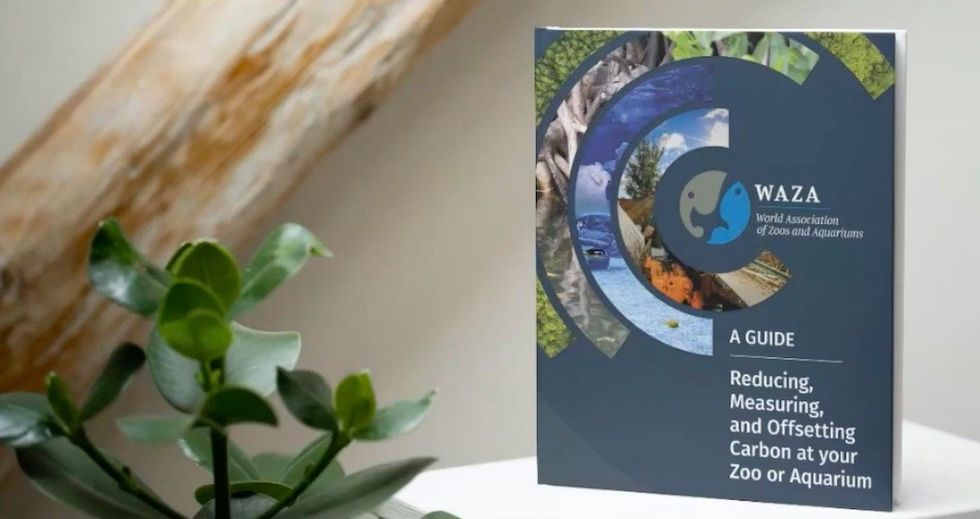As she approaches the end of her tenure, Fifield speaks to blooloop about WAZA’s rich history and its key milestones. She also shares insights into the complex challenges facing modern zoos and aquariums, from balancing conservation priorities with visitor engagement to harnessing technology and nurturing the next generation of leaders.
A background in education
Fifield began her zoo career as an educator at the Taronga Conservation Society Australia, where she served as education manager for 10 years. Then she moved to Zoos Victoria as director of discovery and learning, and in 2006, took up her role at Wellington Zoo.
“I’ve always loved animals, but I’ve also been very interested in people, probably because of my teaching background,” says Fifield. However, what really drew her into zoos was an experience with her son when he was young.
“He was in an after-school science club, and we attended an event at Taronga Zoo. We were sitting in a classroom when an educator brought in a baby wombat. She ran straight across the room and jumped into my lap. I thought, ‘What a great job this would be.’ That experience set me on the path of education in zoos.
"A couple of years ago, Wellington Zoo hosted the IZE conference, and in my keynote, I told the educators: ‘We need to let you loose’. Educators do have a superpower. So many people visit our zoos, and the way we engage with them can have a lasting impact.
“Of course, species conservation in its direct sense is vital, but I believe education and advocacy are just as important.”
How leadership can bring people together
Throughout her career, Fifield has held various roles.
“At Zoos Victoria, I ran Werribee Open Range Zoo for five months, and coming to Wellington as chief executive was another step again. But all along, I’ve been interested in leadership and what it can do to bring people together for a common purpose.
“I served for many years on the Zoo and Aquarium Association Australasia board and was president there. That’s really where my leadership journey began, before I moved into WAZA. I became involved in committees and conferences and then stepped into the roles of vice president and, ultimately, president.”
 Image courtesy of Wellington Zoo
Image courtesy of Wellington Zoo
Becoming president of WAZA feels like a culmination of her career, she adds:
“I’m only the fourth woman to hold the role in WAZA’s 90-year history, and I feel very proud of the work we do on a global scale."
90 years of WAZA, and counting
WAZA was founded 90 years ago by a group of European zoo directors who sought collegiality in their work. Over the years, it has developed into a truly international organisation, now guided by a vision to be recognised and trusted worldwide as a leader in animal welfare and conservation.
“If you look back at those early days, the first ethical framework the directors were thinking about was species conservation,” says Fifield. “WAZA was even an inaugural member of the IUCN. So, conservation has always been at the heart of our mission.”
Over the decades, WAZA has developed tools, guides, and standards to help its members in that work. “The remit, the methods, the sophistication have changed, but the essence has always been the same: how do we work together to save species and contribute to conservation?”
Today, thousands of people are involved in WAZA through its committees, conferences, and meetings.
“From a handful of directors 90 years ago to a global network today, that growth is quite fabulous to think about. And with the scope of what we do now, the strategies and resources we produce, I think we’ve taken it to another level.
“I’m interested to see where WAZA goes in the next 90 years."
Strategic work with WAZA
Reflecting on her time as part of the WAZA leadership team, Fifield says that one of the things she is most proud of is the strategic work the association undertook during her tenure on Council..
“That strategy has become our true north. The animal welfare goal is a signature initiative for me. I’m very proud of the way it has been rolled out to our members, because I believe it is our real raison d’être. How we provide a life worth living for the animals in our care is paramount.”
 Fifield visiting WAZA member Zoo Negara in Malaysia in April 2025 © WAZA
Fifield visiting WAZA member Zoo Negara in Malaysia in April 2025 © WAZA
Looking ahead, developing the new conservation goal for 2030 will provide the other bookend to those priorities—animal welfare and conservation together.
“I’m also proud of our partnership with IZE and the development of the behaviour change strategy. Having IZE now with a seat at the Council table means education has its own voice in WAZA’s leadership, which is something I strongly value.”
Another area that matters greatly to Fifield is WAZA’s advocacy and partnership work:
“We’ve strengthened our presence with other agencies around the world and ensured WAZA has a voice at the international table. That’s been a significant initiative during my presidency.
“And while it may not sound as exciting as some of the big strategies, I’m equally proud of the foundational work we’ve done. With Council and staff, I’ve been involved in reviewing our bylaws and developing a new Code of Ethics.”
Those documents establish the governance framework and define how WAZA members interact with one another as members of progressive zoos and aquariums.
“They provide the solid platform on which all our other initiatives can stand and succeed."
What makes a good zoo?
With over three decades of experience in the industry, Fifield is well placed to share her insights into what defines a leading 21st-century zoo or aquarium.
"That’s a big question, because many organisations call themselves zoos or aquariums, but there’s a considerable difference between progressive, leading institutions—those that are WAZA members or members of regional associations—and other places that simply use the name.
“For me, the defining feature of a 21st-century zoo or aquarium is standards. Setting standards, holding ourselves accountable to them, and being clear about why those standards exist. That’s what gives us credibility and makes us a trusted voice. Without that, we risk losing trust from society and our partners.”
 Image courtesy of Wellington Zoo
Image courtesy of Wellington Zoo
She often uses a model when speaking about progressive zoos and aquariums in New Zealand:
“We call it the Te Whare Tapa Whā Model. It’s like a house: the foundations are the day-to-day things we do, the building blocks are the core elements like sustainability, conservation, education, research, and staff capability, and the ultimate aim is to save wildlife in wild places. It takes all of those parts working together.
“When people begin to understand the structure of our work, they’re often shocked at its complexity, the art and science involved in creating a progressive zoo or aquarium that serves the animals, the community, and our people.”
Accreditation is key
Of course, some places don’t meet those standards.
“Years ago, when I was president of ZAA, a government agency asked if certain non-member facilities should have to be ZAA members. I said no, because they didn’t meet the standard. It’s not about the size of the membership. It’s about quality membership and being able to trust your colleagues.
“That’s why I focus on working with the willing: the organisations that want to improve and do better, rather than worrying about those that don’t. In the end, society will make the choice by deciding not to visit substandard places.”
 WAZA member associations that met the 2023 WAZA Animal Welfare Goal in 2024 © WAZA
WAZA member associations that met the 2023 WAZA Animal Welfare Goal in 2024 © WAZA
When asked how to tell if a zoo or aquarium is good, her advice is simple: ask if it is accredited.
“If they’ve been independently assessed and certified, that’s a strong starting point. Those other facilities would never pass muster, and they would never be members of WAZA unless they lifted their standards.
“I always find it interesting that no one ever talks about ‘bad museums’.But because we work with living beings, zoos are under more scrutiny, and rightly so. That’s why animal welfare and conservation of species must always be our focus. It’s why I’m so proud of WAZA’s animal welfare goal because it ensures we give the animals in our care a life worth living."
WAZA helps to raise the standard
Zoos and aquariums face numerous challenges, including climate change, biodiversity loss, funding issues, public trust concerns, and regulatory pressures. Speaking about how WAZA is helping institutions respond, Fifield says:
"I think it’s really about helping our members keep raising the standard, helping them understand what that looks like. Sometimes it’s not even about money; sometimes it’s about mindset. We work globally, so there are all sorts of cultural contexts, and that’s challenging, but at the heart of it, the question is always the same: are the animals having a good life?
“That matters no matter where you are in the world.”
 WAZA conference 2024
WAZA conference 2024
WAZA’s role is to create tools, strategies, goals, assessments, and guides that provide members with the information they need to communicate effectively with governments, funders, or local councils—essentially, to explain what’s required to meet 21st-century standards.
“Because WAZA is not an accrediting agency , we work closely with regional associations to embed these practices, to set standards that members can aspire to and go beyond.”
It also addresses significant global issues, such as climate action and the illegal wildlife trade.
“I’ve been impressed with the communications coming out on these issues, because we need to take clear positions and be very loud about them. We are, after all, the world’s leading and progressive zoos and aquariums.
“The executive team is small but perfectly formed. They’re incredibly responsive to anything on the horizon, keeping the Council informed so we can inform our members. At the end of the day, we are still a membership organisation, and holding members accountable, setting standards, giving them tools, showing the way, and leading globally, this is really what WAZA can do."
Meaningful engagement
While it can be a challenge for zoos and aquariums to reconcile sometimes‑competing aims, such as animal welfare, education, engagement, research and revenue, Fifield says:
"I think these things are complementary rather than competing. These elements are not up for debate—if you can’t do them all well, then choose two or three and make a real effort to excel in those. However, everyone should focus on animal welfare, engagement conservation.”
Today’s zoos, she adds, have got much better at storytelling, habitat design, and engaging people on a deep level.
“It goes beyond entertainment. It’s about meaningful engagement. Not every zoo in the world is equal; some are strong in certain areas, others in different areas. But what we do really well as a community is share knowledge. We ask each other for ideas, we exchange what works, and we’re always willing to help.
“There’s not really competition—it’s about raising the bar together.”
Good zoos and aquariums are magical places, she says:
“My son recently visited our otters. Even though he grew up with zoos, he was like a child again, completely captivated- even as an adult . That magic, the wonder people feel when they meet these animals, is something we cannot lose sight of and other places cannot replicate.
“Amid all the science and the art of running a progressive zoo or aquarium, that magic is central. We are so lucky and privileged to work with these amazing animals that look to us for their care, and that sense of wonder is something we should focus on deeply."
The WAZA Annual Conference 2025
The 80th WAZA Annual Conference will take place from 26–30 October 2025 at the Cali Zoological Foundation in Colombia.
"This year marks 90 years, so our theme is '90 Years and Beyond.' We’re going to honour the past, talk about what’s happening now, assess our progress, and explore our vision for the next 90 years. What might change, and what might stay the same? That’ll be a fascinating discussion in terms of what makes a zoo or aquarium of the future."

“Some things will stay the same. I worked on a university project with students who had to design Wellington Zoo 100 years from now, and it was fascinating to see how much remained the same. But we don’t know what the future holds.
“We might not have the same number of species because we’ve moved beyond a collector mentality. We may focus more on storytelling around the animals we do have, rather than creating a menagerie of everything all at once.
" Technology will change our work, and that is moving so fast that who knows what it will look like in 90 years. So, thinking about what that looks like in terms of design and experience going forward will be a really interesting discussion among the people at the conference."
Global outreach
WAZA’s first conference in Colombia signals its global outreach. Speaking about how geography, diversity and inclusion factor into WAZA’s strategy moving forward, Fifield says:
"For me, diversity and inclusion really reflect what we see in the animal world. Animals are diverse; they are inclusive; they have their own niches., There’s an inherent diversity in the world, and we should be reflective of that.”
Hosting WAZA conferences in various parts of the world enables WAZA members to engage with diverse cultural contexts and observe how people operate within them.

“At the conference in Sydney, for example, we focused a lot on First Nations worldviews, and living and working in New Zealand, that’s just part of what you do—you think about First Nations perspectives first. As a profession, we need to get much better at this, and we should reflect it in our visitor composition, in the stories we tell, and in how we approach species planning.”
It’s interesting, she says, to see how different countries and regions approach these challenges.
“For instance, in New Zealand, we have strict biosecurity laws, so that changes what our zoos look like. It’s very different from Europe, where animals can move across borders much more easily. Those cultural and regulatory contexts are fascinating, and we need to open our minds to understand how everyone is doing things so differently."
WAZA and technology
The organisation also recently launched virtual Mid-Year Meetings, attracting hundreds of registrations and many first-time attendees. Digital formats are reshaping WAZA engagement and strategic planning.
“We’re thinking about how to engage people beyond the CEO or director, especially those who often can’t afford to come to the annual conference. How can we engage younger professionals in this work?
“That’s when the mid-year meeting idea came up, and the team has done a brilliant job putting it together. I’ve met some young people through that initiative who I’m still in contact with because they’re so driven, and I’m happy to help them find their way in our profession.”
Technology, such as AI, will also transform the way zoos and aquariums operate, particularly in terms of animal care.
“How can technology help with 24/7 welfare? How do we ensure animals have a choice about when they eat or don’t eat? What about personalised visitor experiences? How do we create an experience tailored just for the individual and their favourite animals?
“We’re already seeing this with partners like Species360 and our zoo information management system. Using data effectively can take us into entirely new spaces. Technology can be scary, but it can also be empowering, and I think the younger generation will drive that change. That’s part of why the mid-year meetings are so exciting. They show that we can do things differently.”
It’s not about technology for technology’s sake; it’s about meaningful technology that enhances visitor experiences.
“Today, I saw a five-year-old at Wellington Zoo using VR goggles. He was so excited to see the gorillas and dinosaurs. Some might say it’s not ‘real,’ but he’s in the zoo, experiencing animals in an engaging way. We have to be brave and bold, willing to try new things, and see what happens."
Shaping the zoos and aquariums of the future
Finally, talking about what keeps her motivated in global conservation leadership, Fifield says:
"I love our work. I love what zoos and aquariums do, and I deeply believe that we can make a difference for animals, people, and the planet. Progressive zoos and aquariums will be so important in the future. They’ll be places that build social cohesion and create forums for people to come together to think about big issues, like biodiversity loss and climate action.”
Wellington Zoo, for instance, works with the City Mission. “The city missioner often tells me that the zoo is a healing place for his clients, many of whom could never afford to visit otherwise. When he says that, it moves me to tears. It’s a place that’s beautiful, calm, and home to animals. It’s hard to replicate anywhere else. That’s the kind of impact that inspires me personally.”
She is also proud of the work WAZA has done as a community of professionals over the past 90 years and beyond.
“During my presidency, I’ve been privileged to work with a Council that is so representative of its regions, full of smart, good people. We’ve focused on ensuring the organisation is in good heart for the next leaders, supporting and developing the WAZA team, and creating exciting work for the horizon.
“I’ve truly enjoyed working with such an amazing Council and have great respect and affection for them.
“Looking globally, as we advocate for progressive zoos and aquariums alongside our partners, it’s clear that the work of zoos and aquariums is far from finished. We are about to thrive and flourish in the next 90 years, for sure."
Top image courtesy of Te Nukuao Wellington Zoo
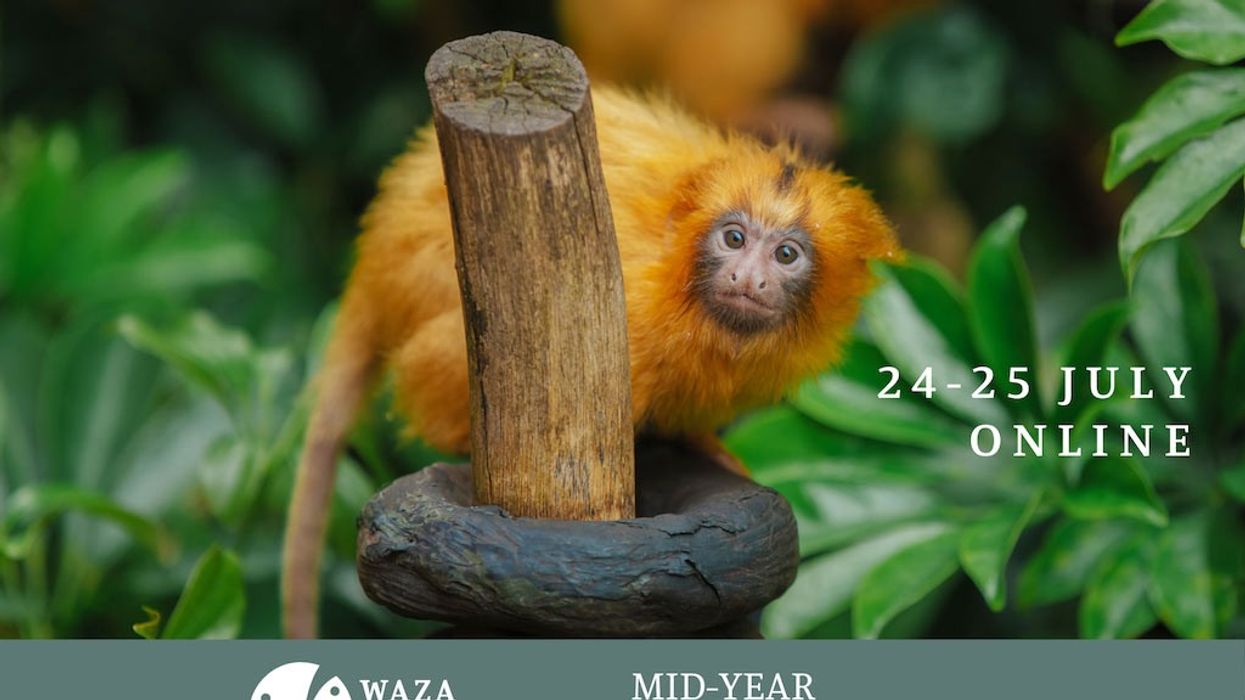

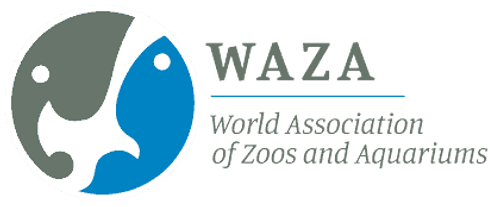
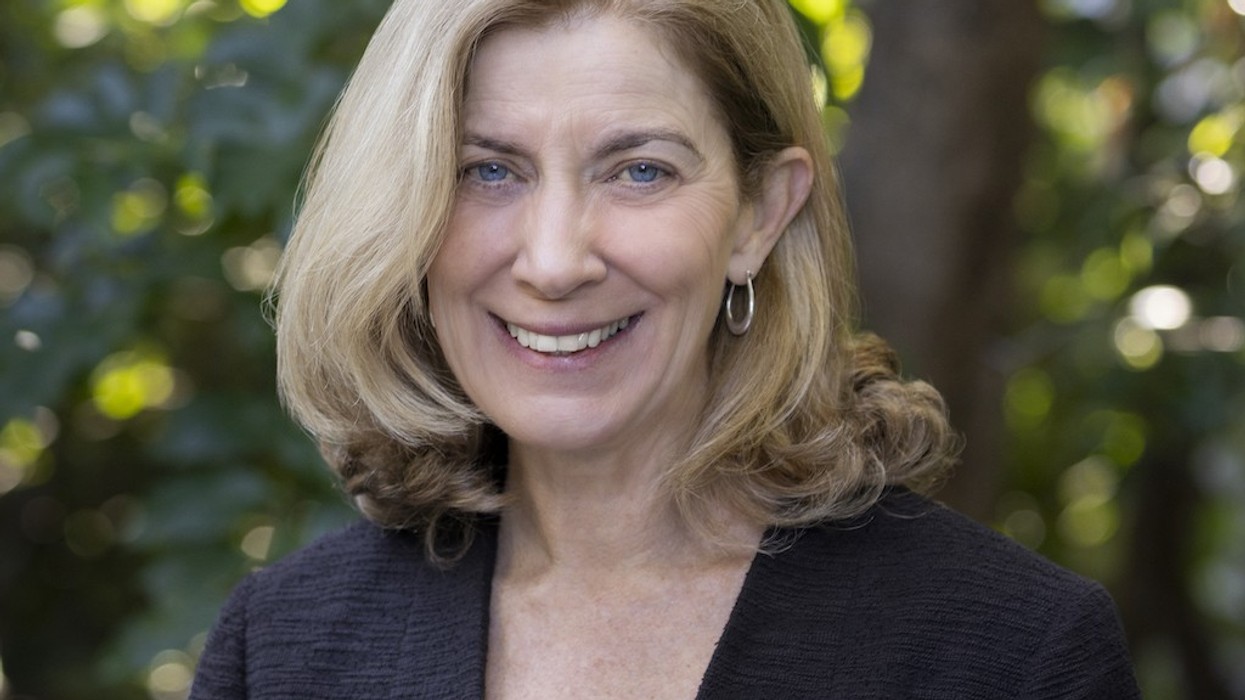

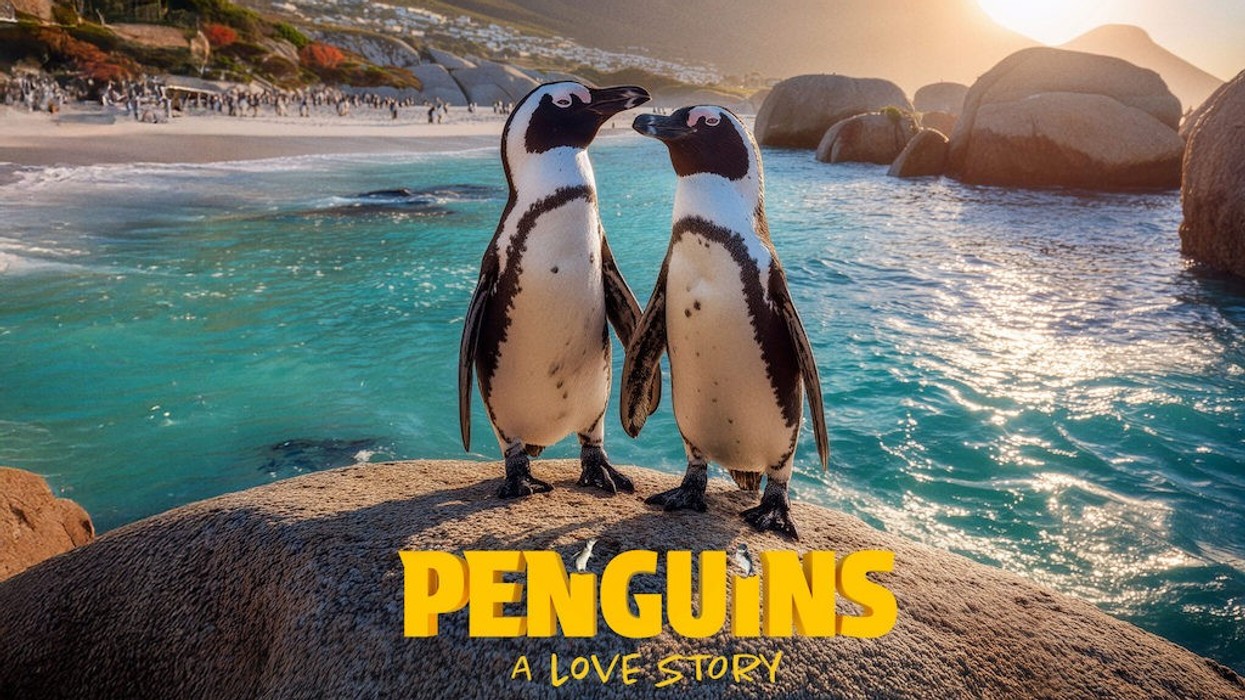
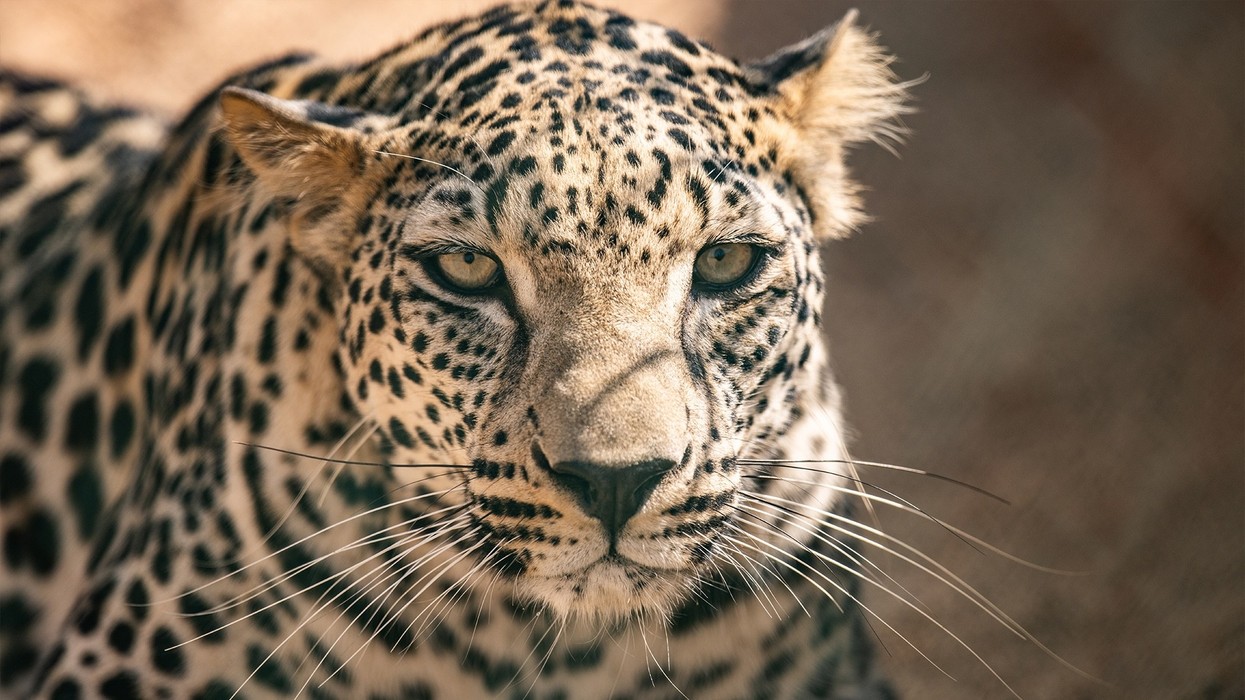
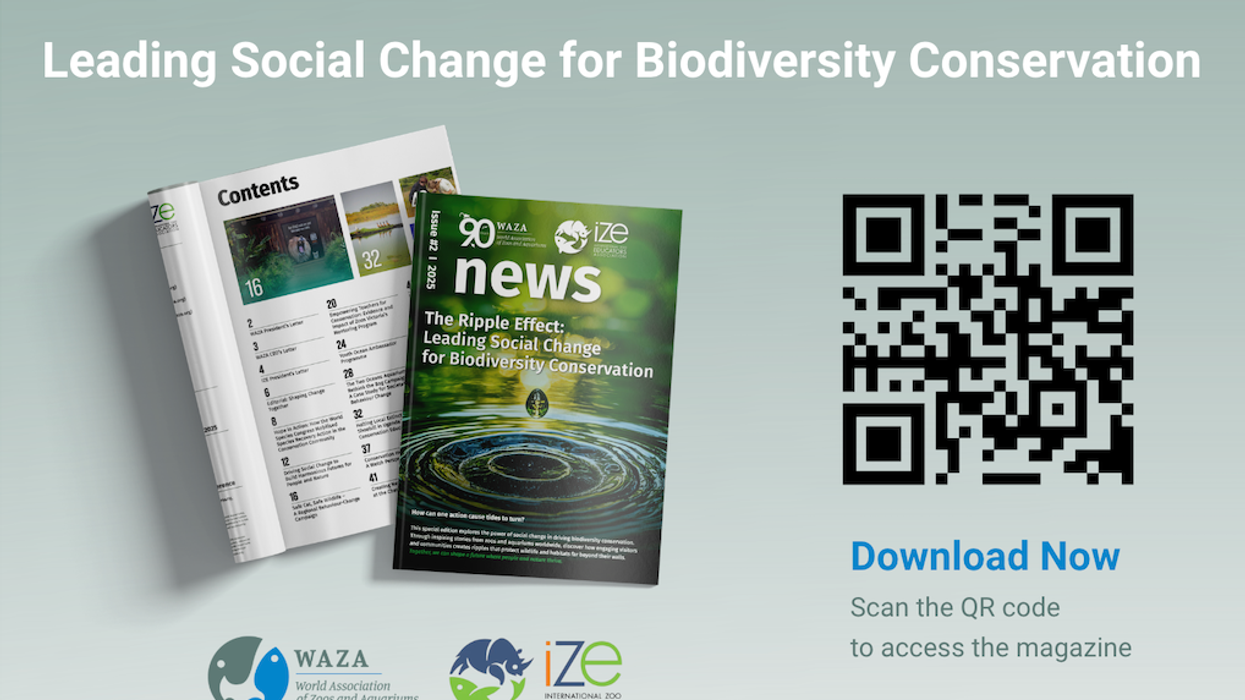
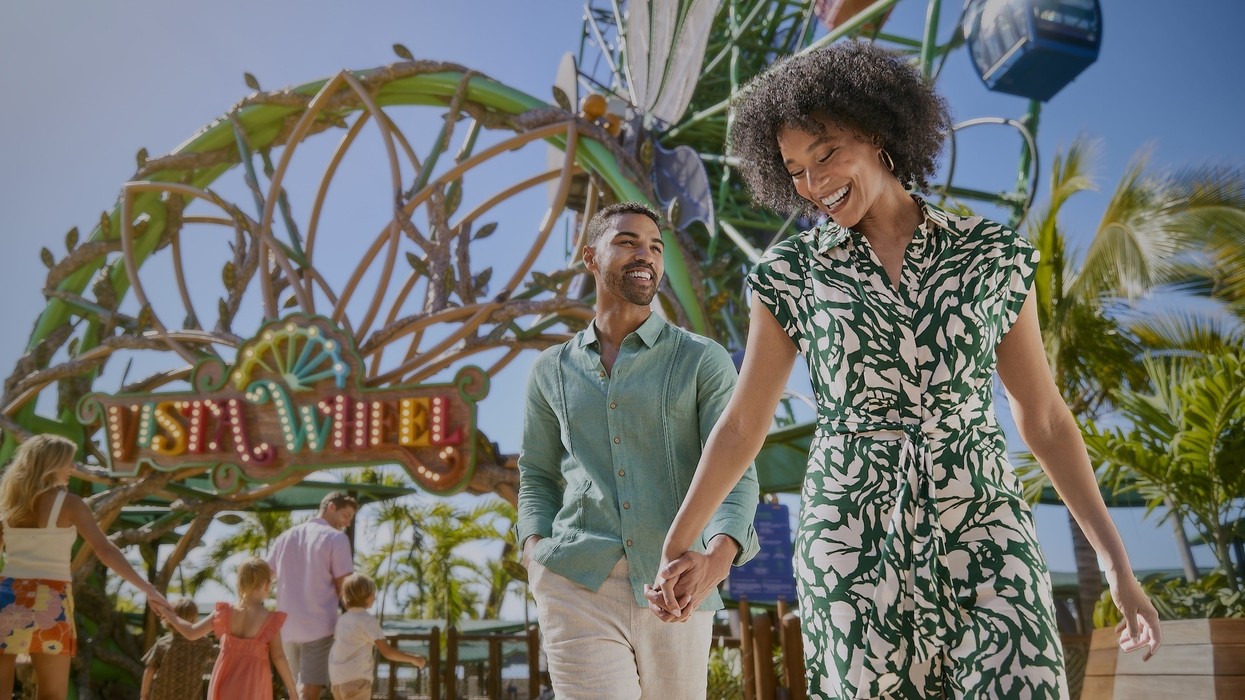


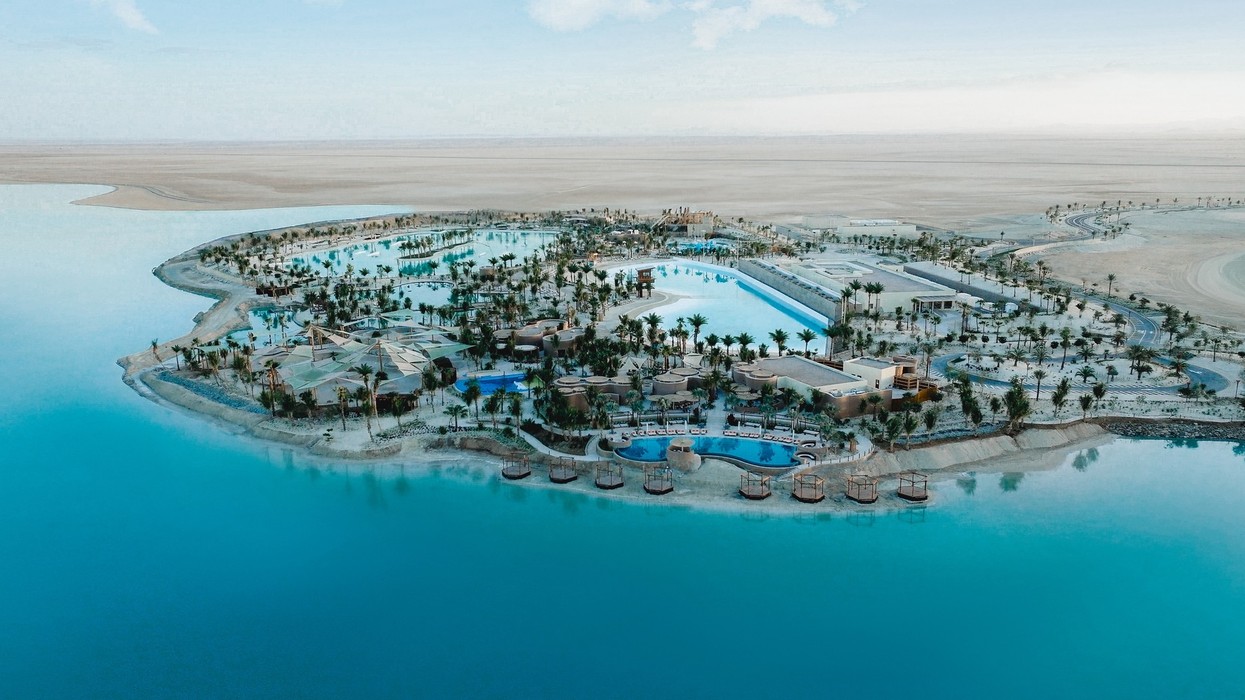


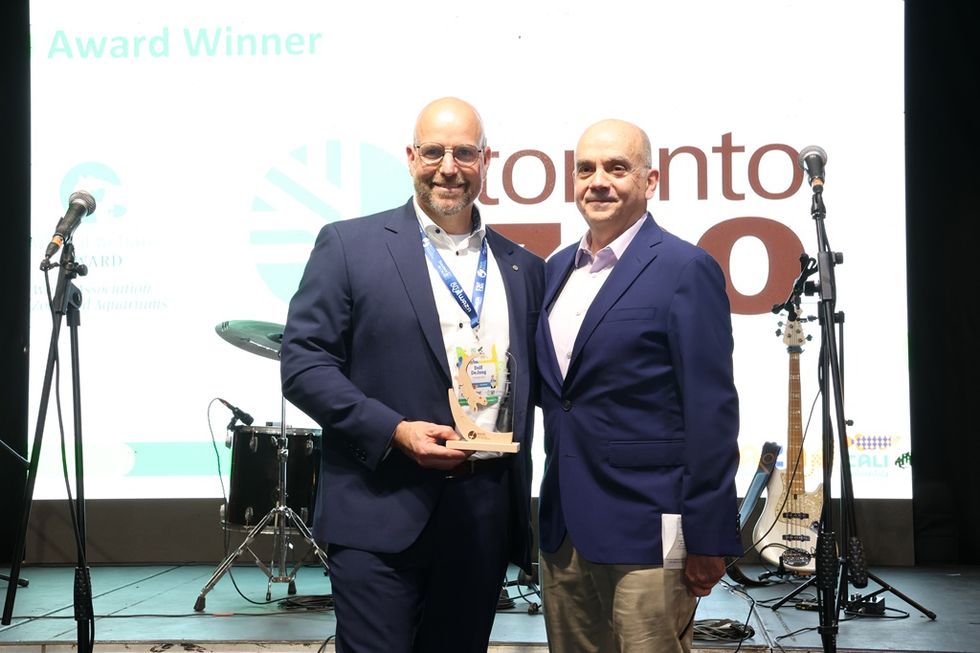 Dolf De Jong (left), CEO of Toronto Zoo, receives the WAZA Animal Welfare Award from Dr Alejandro Grajal (right) ©Cali Zoo and WAZA 2025
Dolf De Jong (left), CEO of Toronto Zoo, receives the WAZA Animal Welfare Award from Dr Alejandro Grajal (right) ©Cali Zoo and WAZA 2025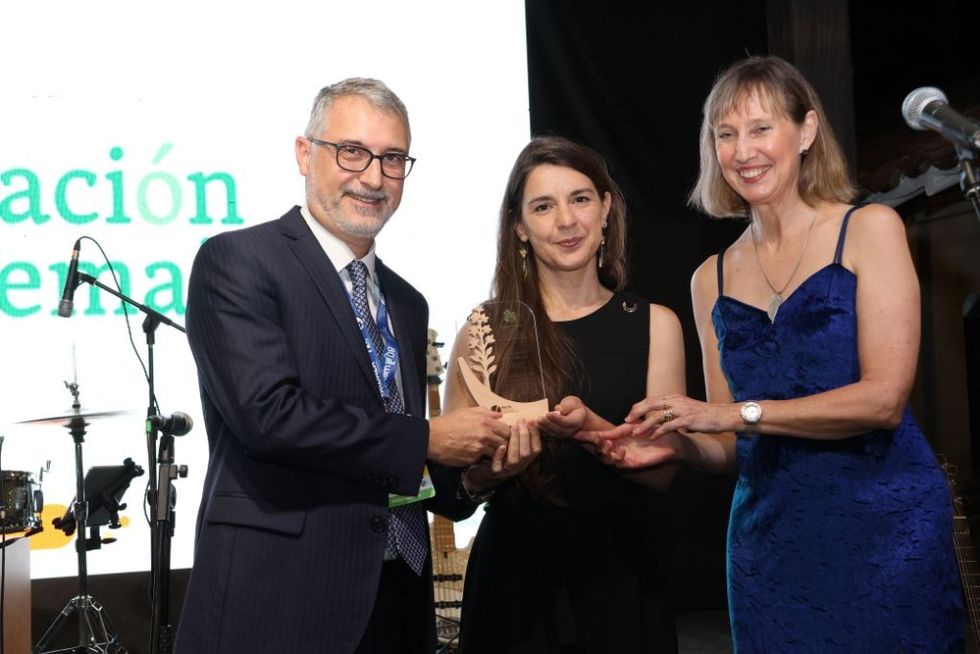 Sergio Guerra (left) and Paula González (middle) from Fundación Temaikèn receive the WAZA Conservation Award from Dr Judy Mann (right) ©Cali Zoo and WAZA 2025
Sergio Guerra (left) and Paula González (middle) from Fundación Temaikèn receive the WAZA Conservation Award from Dr Judy Mann (right) ©Cali Zoo and WAZA 2025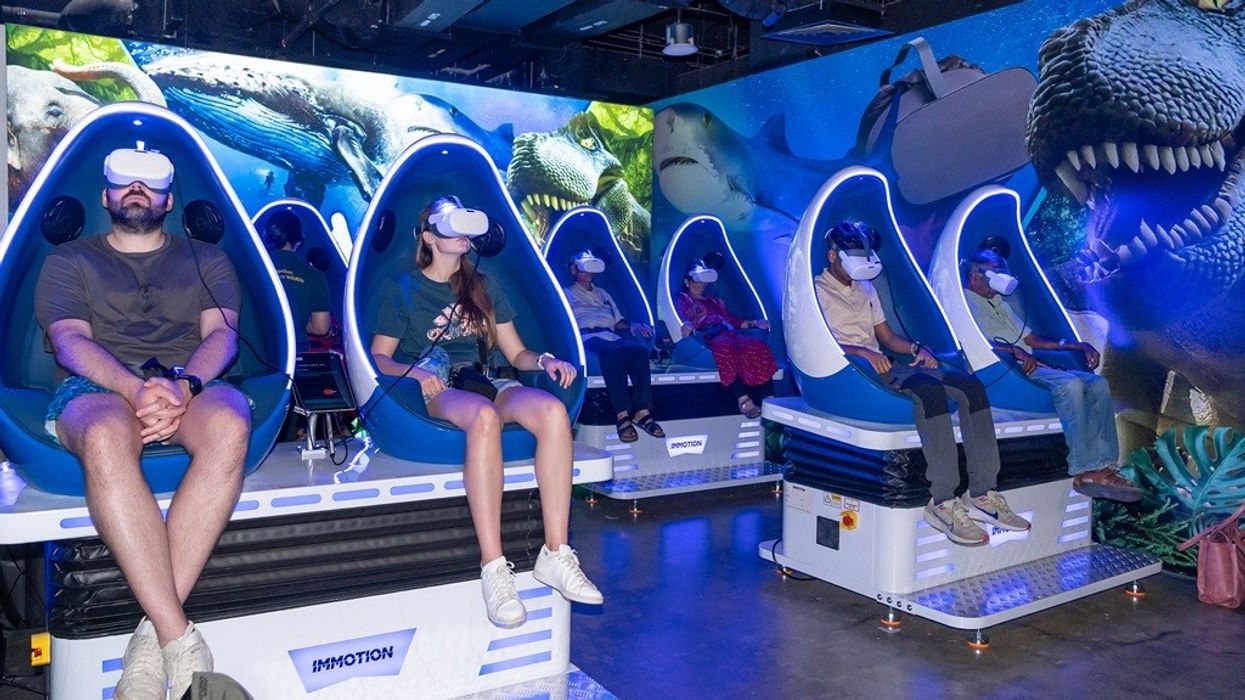
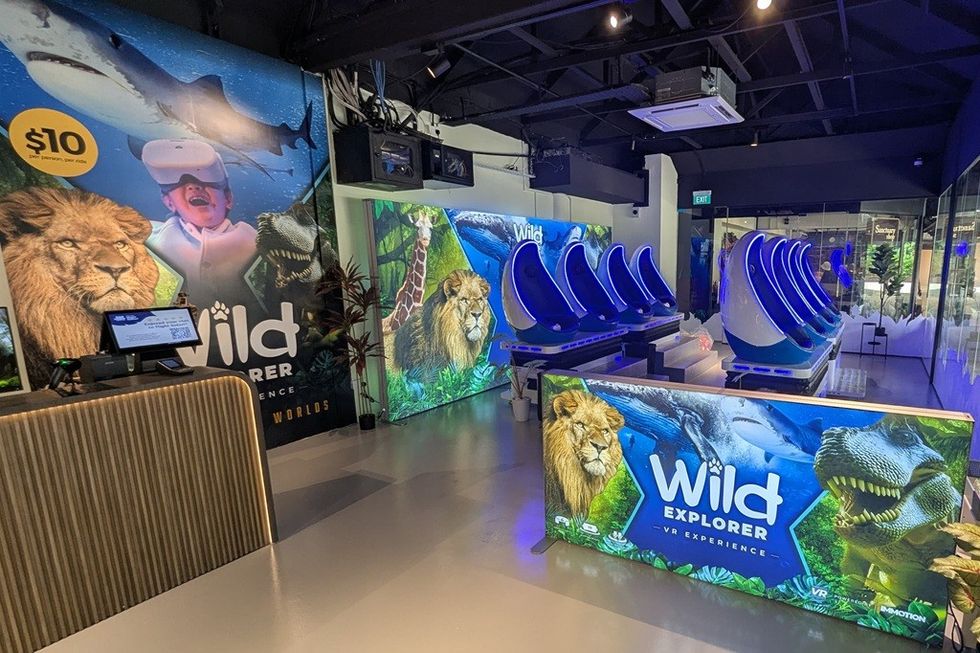
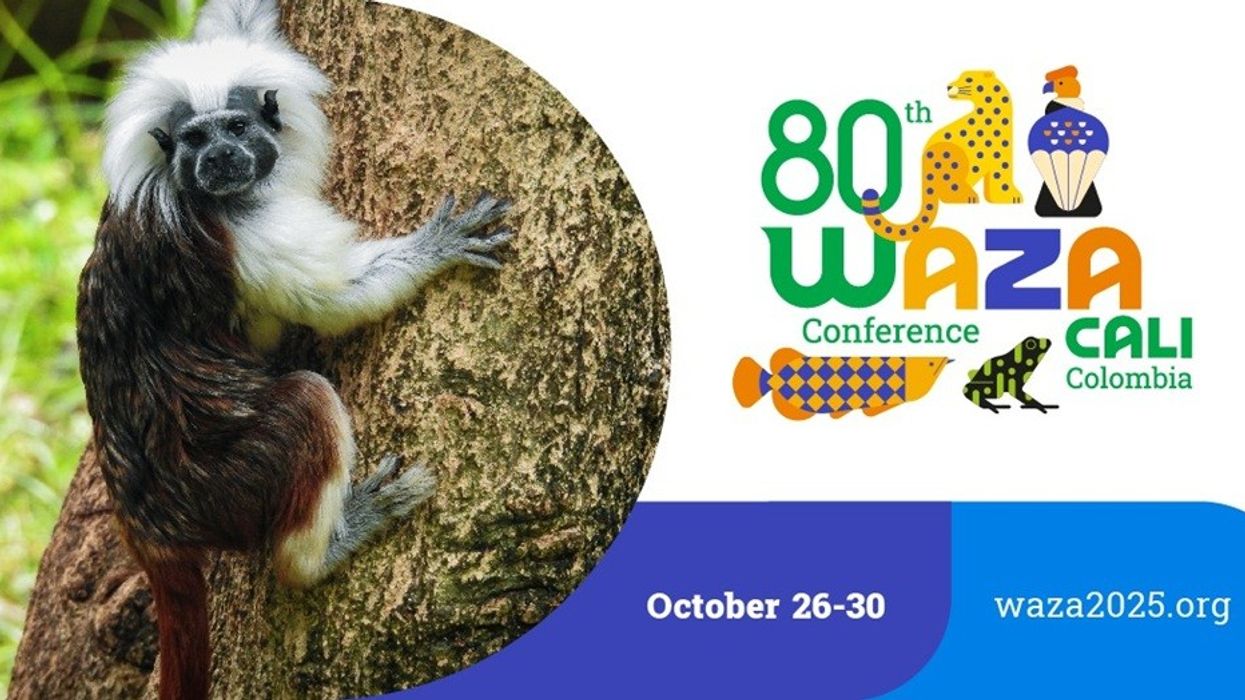
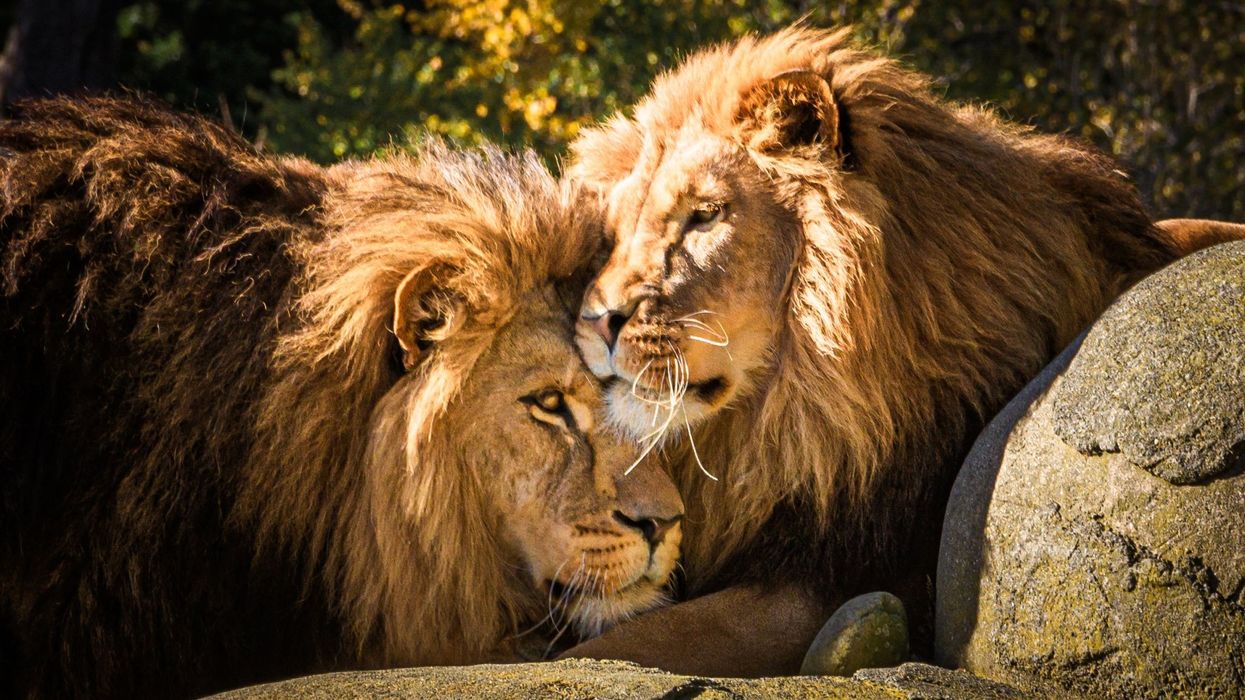
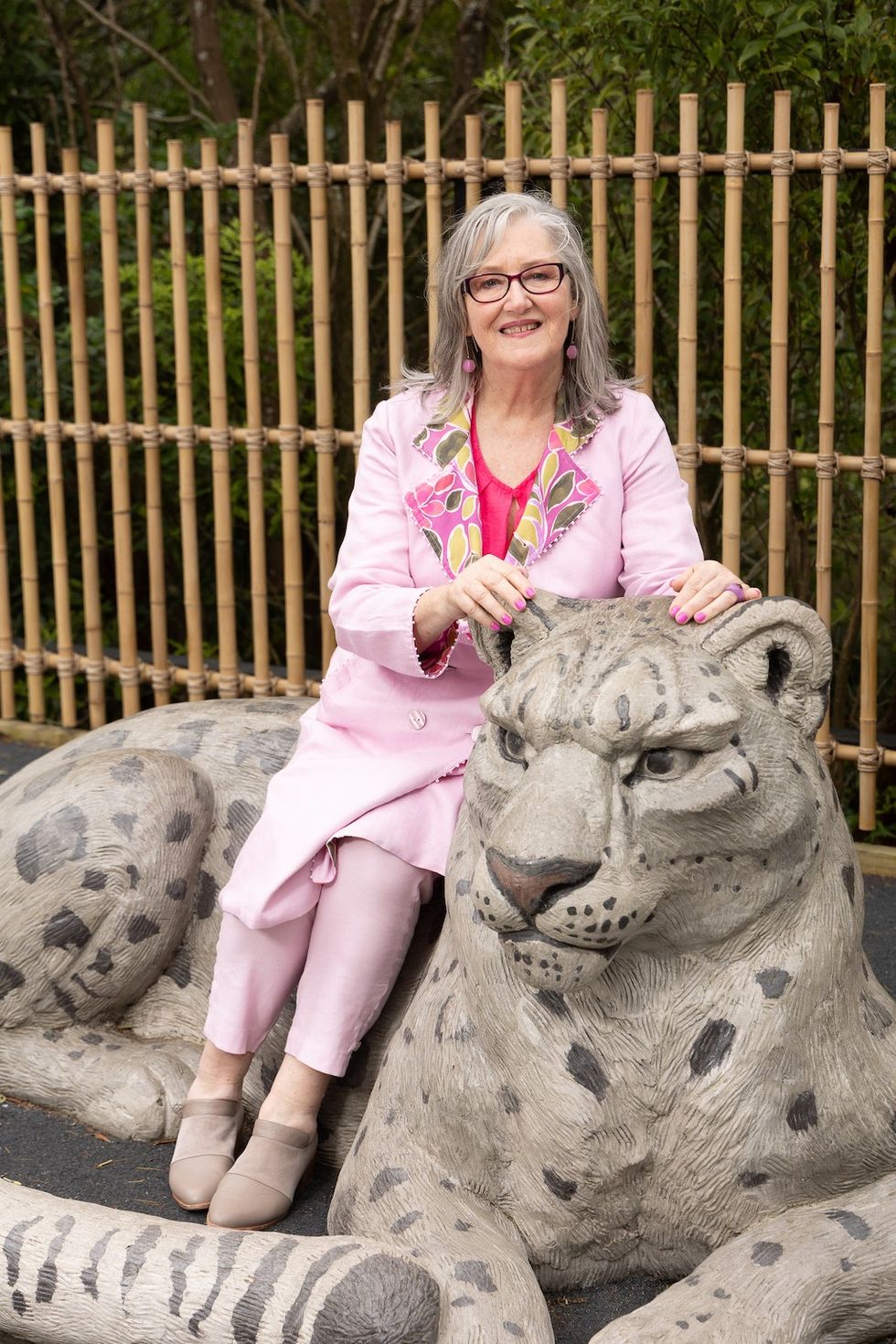
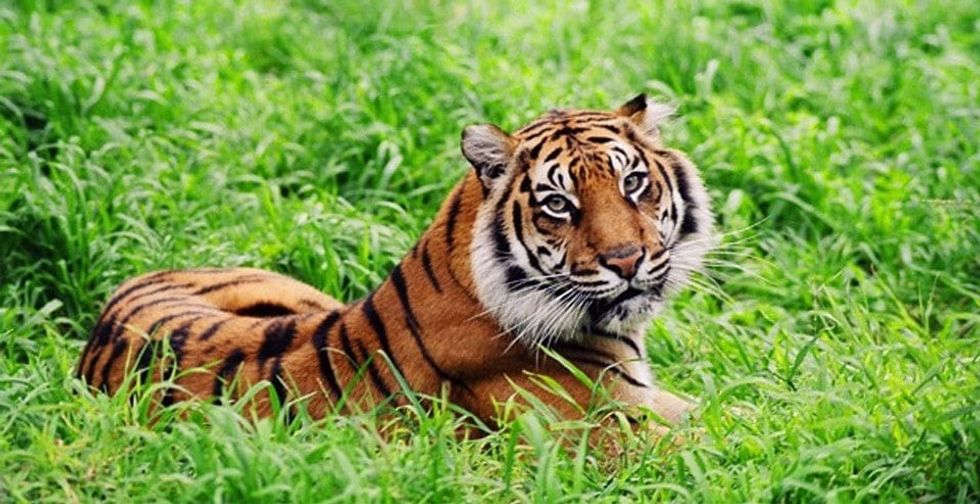 Image courtesy of Wellington Zoo
Image courtesy of Wellington Zoo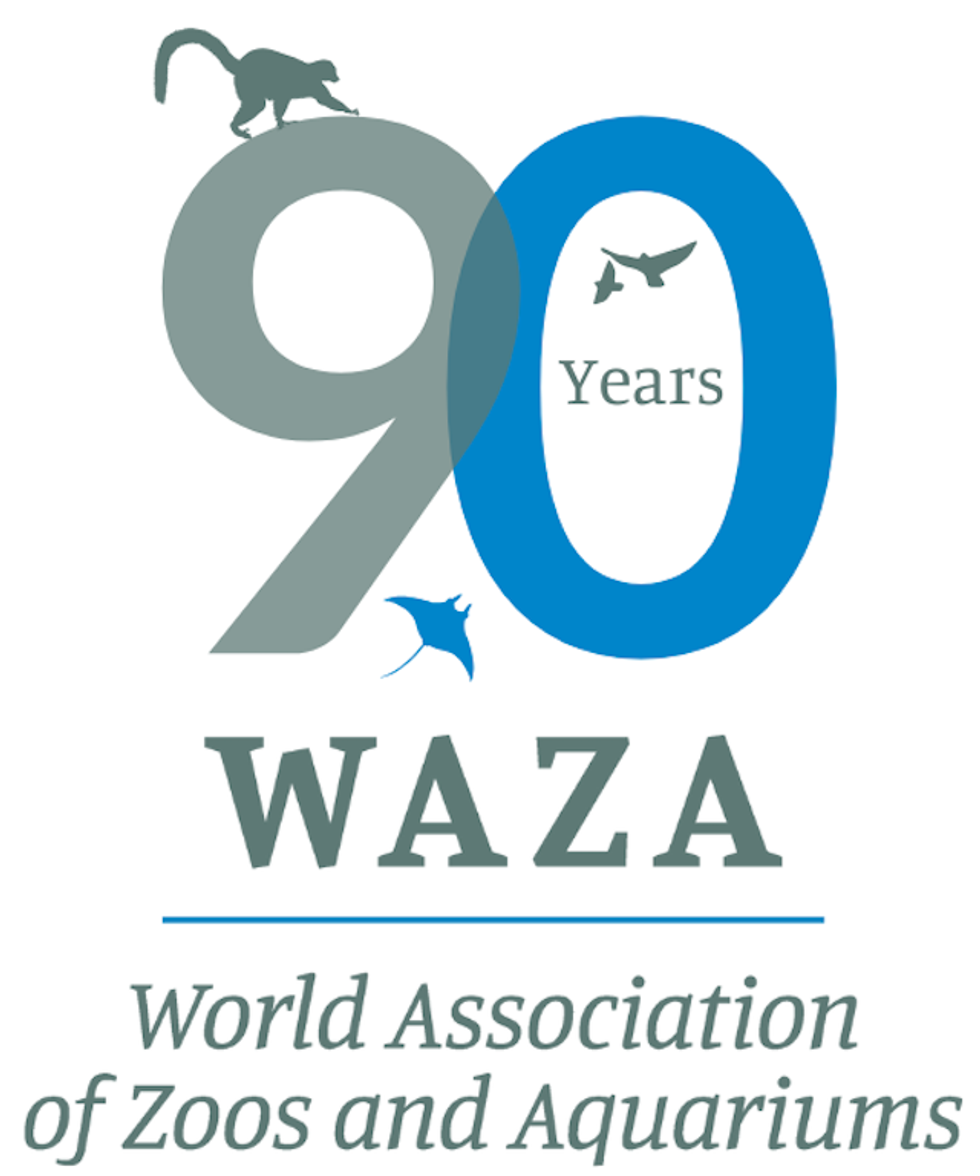
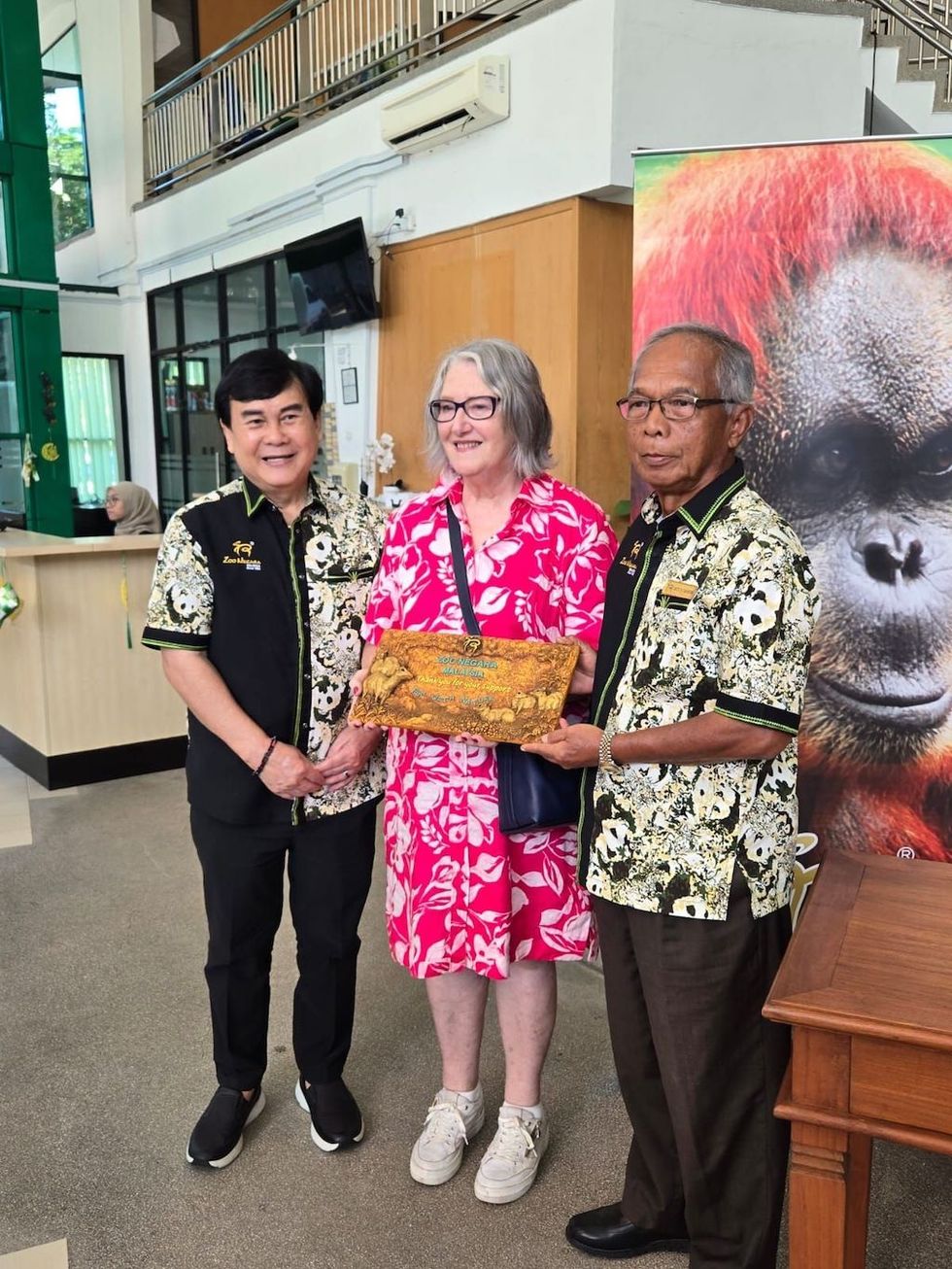 Fifield visiting WAZA member Zoo Negara in Malaysia in April 2025 © WAZA
Fifield visiting WAZA member Zoo Negara in Malaysia in April 2025 © WAZA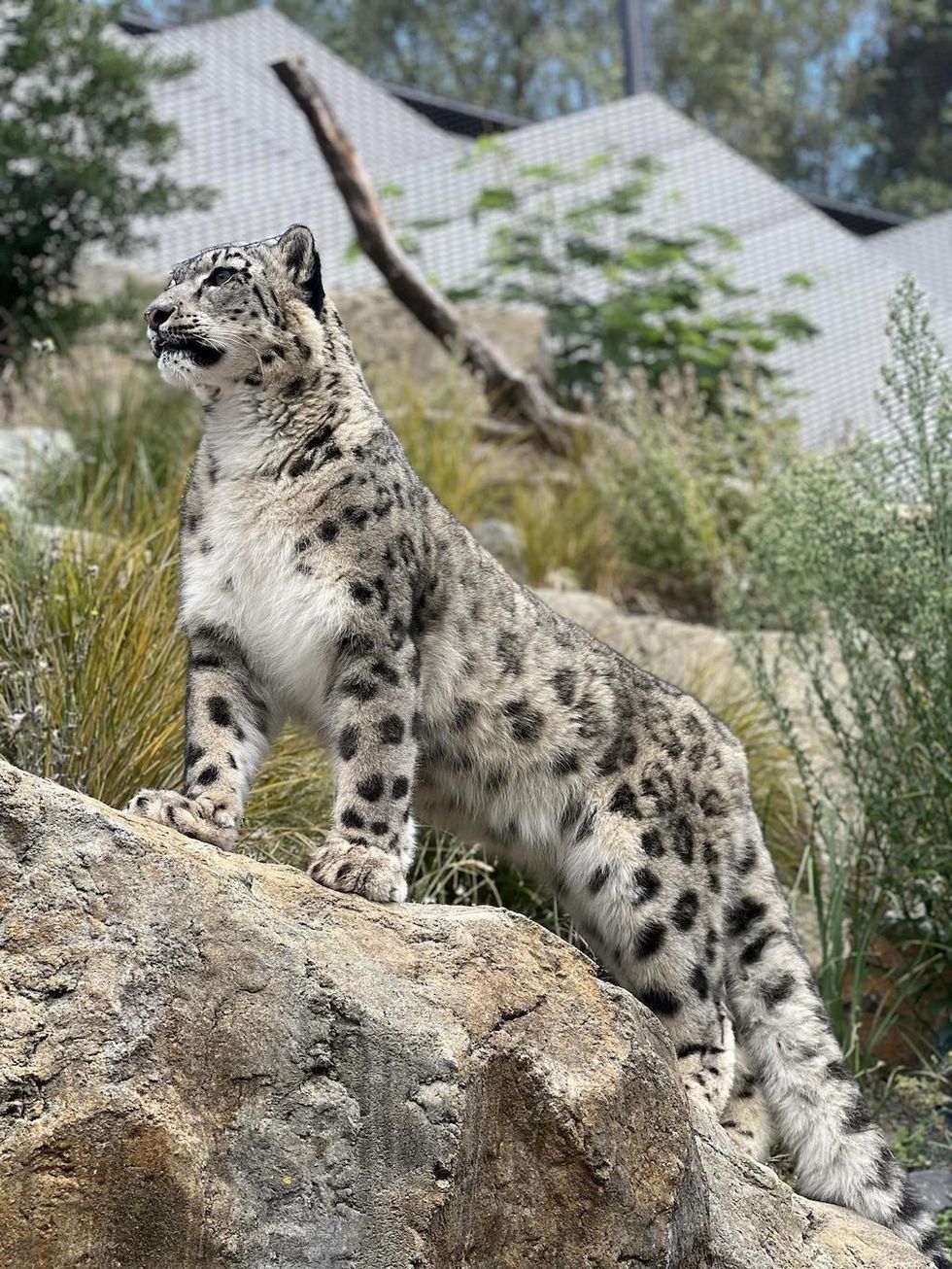 Image courtesy of Wellington Zoo
Image courtesy of Wellington Zoo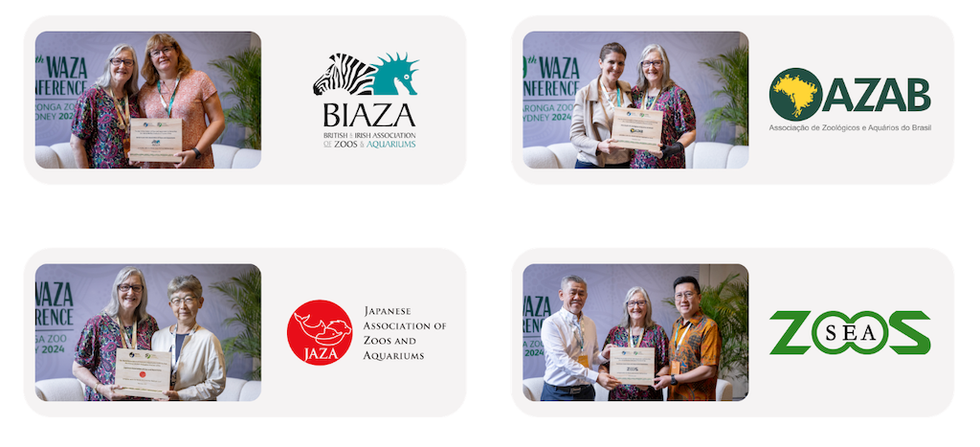 WAZA member associations that met the 2023 WAZA Animal Welfare Goal in 2024 © WAZA
WAZA member associations that met the 2023 WAZA Animal Welfare Goal in 2024 © WAZA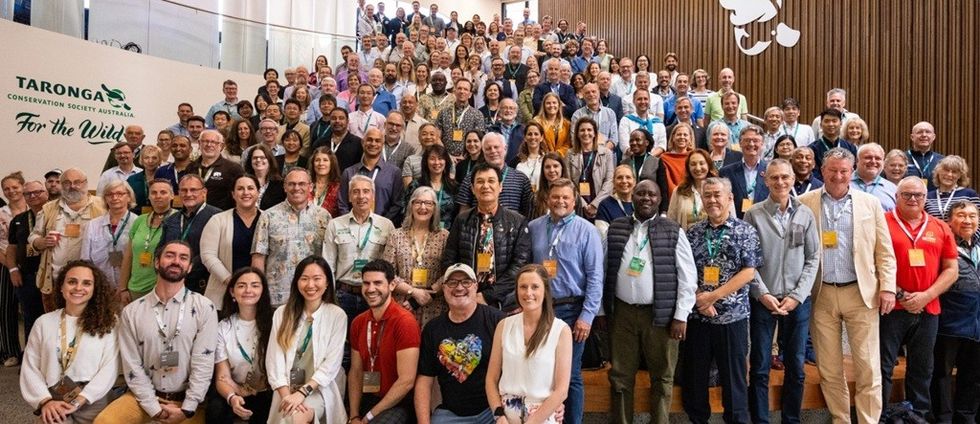 WAZA conference 2024
WAZA conference 2024